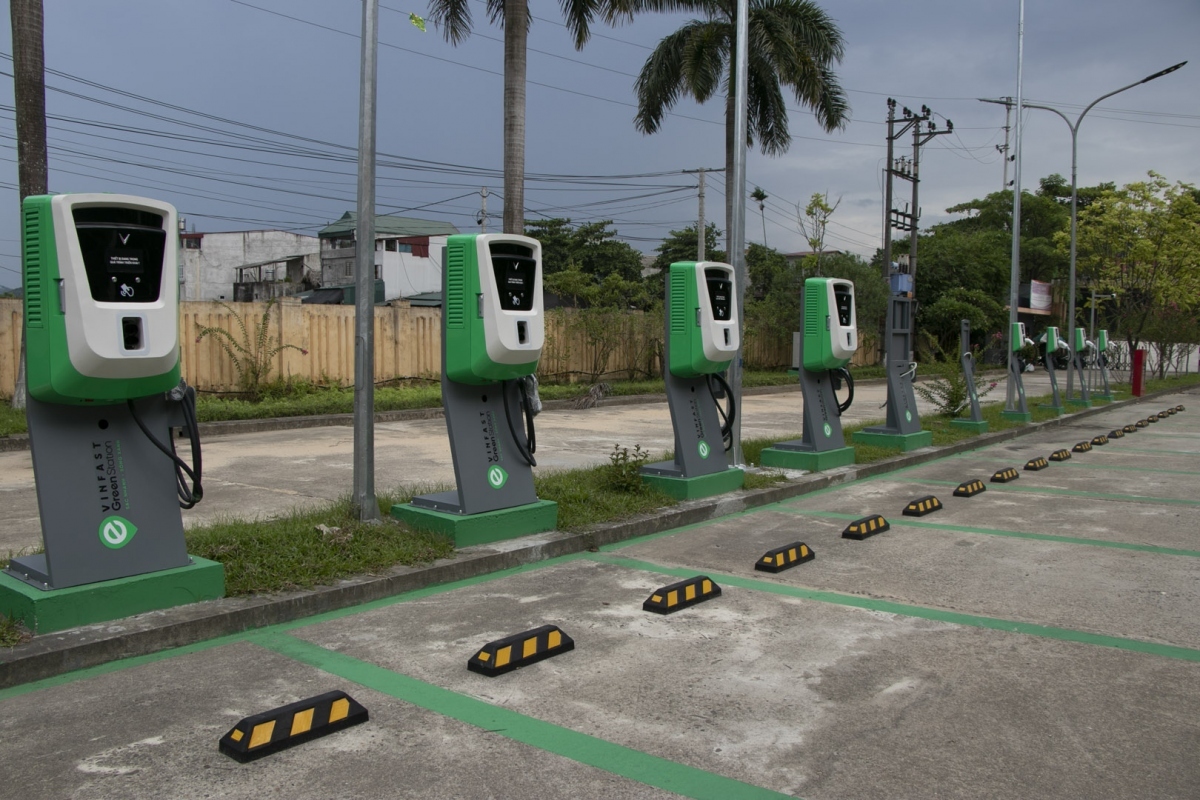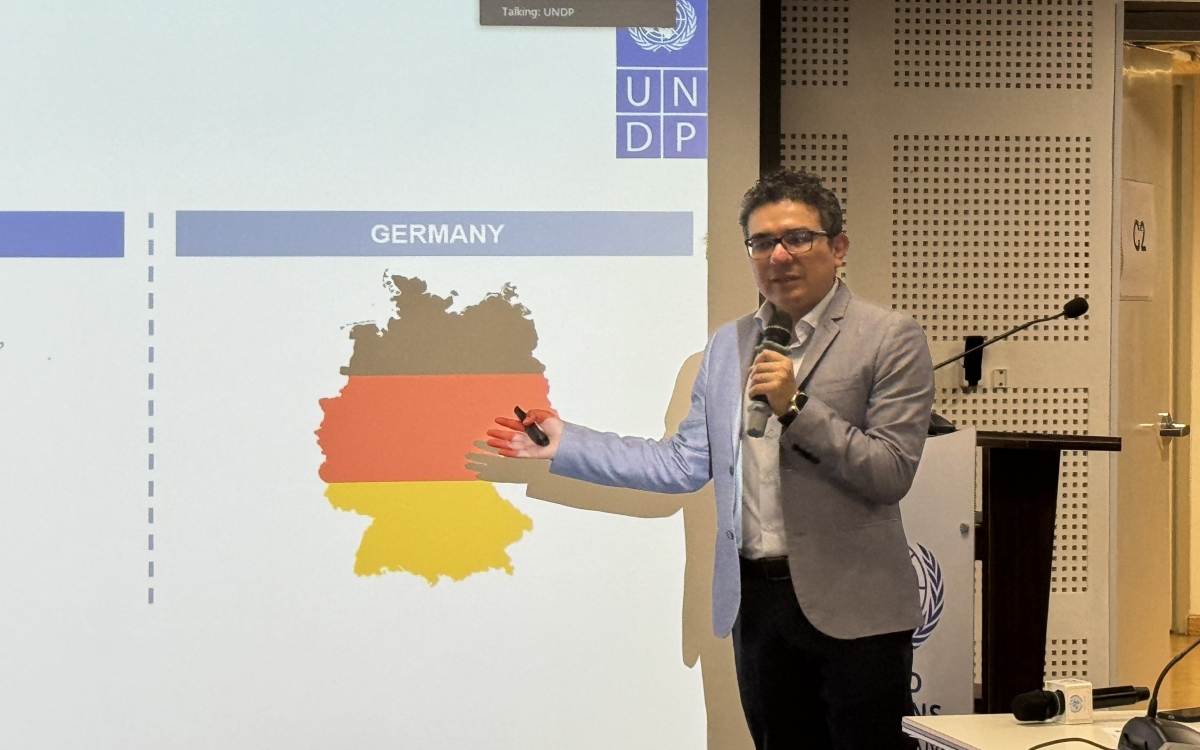The Future of Electric Vehicles in Vietnam: Overcoming the Charging Station Shortage

Vietnam, like many countries around the world, is embracing the transition to clean energy in the transportation sector. By 2040, the Vietnamese Ministry of Transport aims to gradually reduce and eventually halt the production, assembly, and import of fossil fuel-powered cars and motorcycles. Furthermore, by 2050, the goal is for 100% of road vehicles and motorcycles to switch to electric and green energy sources.
The popularity of electric vehicles is on the rise in Vietnam, especially in major cities. According to the Ministry of Transport, there are already over 20,000 electric cars in use nationwide as of 2023. However, the number of charging stations on the roads is currently insufficient to meet the growing demand. While VinFast, the largest charging station operator, has more than 150,000 ports for both motorcycles and cars located at parking lots, bus stations, shopping centers, and gas stations, the majority of electric vehicle owners still rely on home charging.
At a workshop titled “Promoting Energy Transition and Building Charging Infrastructure Investment Policies in Vietnam” held at the United Nations headquarters in Vietnam, Dr. Wilmar Matinez, an energy expert, stated, “In Vietnam, electric vehicles are still a relatively new concept. The number of vehicles using green energy is still low compared to vehicles using fossil fuels. This is why electric charging stations, especially along highways, are not as widespread as in other countries.”
According to Nguyen The Vinh, a specialist from Vietnam Electricity Corporation, the number of charging stations is not the only issue. The installation of charging stations along highways needs careful consideration of the number of vehicles requiring charging and the optimal charging times at each station to avoid putting excessive strain on the national power grid and causing localized power outages. Currently, public charging stations consume about 10% of the country’s total electricity.
“If we cannot solve the charging station problem, it will be difficult to achieve the goal of completely replacing gasoline and diesel vehicles with electric vehicles in the future,” said Mr. Vinh.
To tackle this challenge, Vietnam can learn from the experiences of other countries. According to economist Nguyen The Trong, like other developed nations, Vietnam should encourage private organizations to invest in expanding the charging infrastructure along highways. Some incentive policies may include tax exemptions for the first five years of operation and a 50% tax reduction for the following five years.
Dr. Wilmar Martinez also mentioned that countries like Germany and Norway have implemented financial and tax policies to promote charging infrastructure development. They have also set strict regulations for infrastructure construction, charging point standardization, charging speed, and regulations for public and home charging.

By studying European countries, Mr. Matinez observed that these nations prioritize charging stations on high-traffic routes such as highways and invest in electricity grid infrastructure to meet the demand for increased charging stations. Additionally, regular inspections and maintenance of the charging system are conducted to prevent potential fire hazards.
Regarding energy efficiency, Dr. Nguyen Bao Huy from Hanoi University of Science and Technology suggested that Vietnam can implement a “Smart Charging” system. This system utilizes remote monitoring technology to manage the charging time and charging methods of vehicles at each station. It also provides data on charging time, costs, and nearby charging stations, allowing for the efficient distribution of vehicles across charging points and avoiding overloading the power grid during peak hours.
“The challenge of charging stations for electric vehicles is a complex issue. However, with investment in research, real-world testing, and supportive government policies, I believe there will be solutions,” concluded Dr. Wilmar Martinez.
To stay updated on the latest news on business, finance, and economics, visit Business Today, your go-to source for reliable information.
